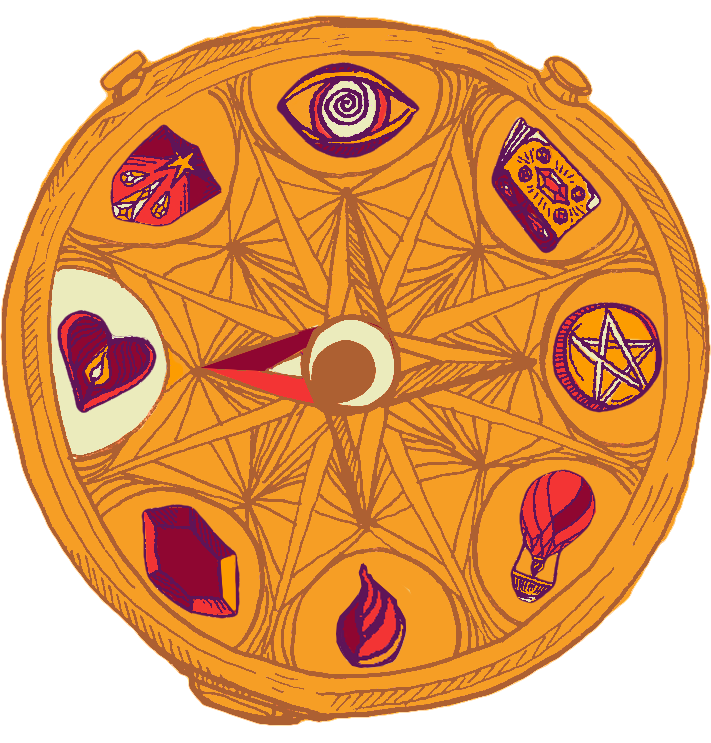Recognize the signs and get out of love crazy town
It’s often difficult to see your own relationship health clearly when you are the star in your own drama. It may take a loving friend or family member to point out the imbalance and abuse that is going on.
Abuse does not always just take the form of physical violence but can also surface in the form of verbal or emotional abuse through neglect, manipulation, control, bullying or even belittling type of behavior.
If you’ve ever wondered if you are the victim of a toxic relationship, check out these warning signs.
- Isolation from Friends, Family and Social Contacts
In the beginning, you may think having your own private romantic island with your partner is bliss. You fool yourself into believing that they love you so much that they don’t want to share you with anyone else. Beware. It’s a way of alienating you from anyone that can influence your thoughts and actions away from your partner. It may begin slowly where they talk you into canceling plans with other people to spend time with just them or manipulate you into breaking commitments because they need you.You start to realize that your partner is never open to hanging out with other couples or happy when you make plans with your family or friends. Your friends and family never see you anymore and can never reach you by phone. Your lover does not support or encourage your spending time with or being in close contact with friends, family or other people that take your attention away from the relationship. She is jealous of the time you spend with the same or opposite sex and discourages you from pursuing those types of friendships, even if the person has a long platonic history with you.
A healthy relationship is one where you can have outside contact with different people and be comfortable in sharing activities with those people without the consequence of an irate or hurt partner. Every relationship has a honeymoon period where all you see is the other person and want to spend your time with them. But, it’s important to maintain a life outside the relationship as well. Most importantly, that outside life should be encouraged.
- Deception
You catch your partner is a series of lies, cover ups and secrets and they continue to deceive you, even after having a serious discussion about how it’s affecting your relationship and making promises to stop. If you cannot trust your partner and believe in their word, then there really is no future together. Without resolution in couples counseling, your relationship has a short shelf life with a looming expiration date in sight. - Substance Abuse
Your partner has a drug or alcohol problem and/or tries to pressure you into participating in the same behavior. You find yourself escaping into alcohol or drug use to cope with the situation. - Your Own Feelings
Do you feel tense, frustrated, unhappy, angry, defensive or in fear when s/he is around most of the time? Do you find yourself tiptoeing around subjects or behaving differently just to keep the peace? Do you breathe a sigh of relief when they are gone? Do your friends or family avoid visiting because they don’t want to be around your partner? Pay attention to your physical and emotional shifts in their presence. A relationship should leave you feeling good, not unhappy. - Double Standard
Your partner is free to do, go wherever and say whatever s/he pleases but does not allow you those same freedoms. A healthy relationship is based on equality and trust. When your partner does not trust you to be out of their sight or controls your behavior, don’t ignore those warning bells going off in your head alerting you that your relationship has entered crisis mode. - Control
Your partner tries to control where you are, your time, if you can advance in your career or academic pursuits, who you speak to, your appearance (how you dress, your hair, or if and how you can wear makeup), pressures you into having sex, and how you spend your money. They keep you on a tight financial leash so that they can control your freedom and independence. They spy on your whereabouts and invade your privacy. They withhold affection or throw temper tantrums when they do not get their way. They may not allow you to make a move or decision without their approval or authority. You are not to have an opinion that is your own. They break you down until you agree with their ideas, or method. They take away your cell phone, monitor your emails, phone calls and voicemails. You find yourself fearing the realization that you have a parent or prison warden more than an equal loving partner. - Emotional Abuse
Some people get an emotional high off the drama of major arguments and blow ups in a relationship and keep repeating those patterns. They may instigate and provoke heated altercations to feel emotionally charged. They thrive on the attention. It just results in leaving the other partner feeling drained. Further signs of emotional abuse are when your partner insults you, yells at you, calls you names, cusses at you, belittles you, and makes you feel unimportant, inferior or unappreciated. They may also neglect you, disappear from time to time without any care for your feelings, and blame you for their cheating, negative behavior, failures. By the same token, they may even accuse you of encouraging flirtatious behavior from the opposite sex or infidelity because it is a reflection of what they subconsciously want to do or are in the process of already doing. S/he may encourage codependent behavior to discourage abandonment. You are afraid to leave them because you don’t feel you can do better, or survive without them. - Physical Abuse
Your partner does the dirtiest deed of all: s/he uses you as their own personal punching bag. And, worst of all, they blame it on you and a challenging period in their life or on a situation that they had no control over. One of two things usually happens. They either ask for forgiveness over and over, promising never to do it again. This is usually followed by proclamations of their undenying love and a honeymoon period until the next turbulent episode. Or, they say you deserved it and threaten you into submission. They use physical violence to scare you into remaining with them. They break or destroy your personal belongings, they punch holes into walls, doors and furniture. - Public or Private Humiliation
Your partner criticizes, belittles or does not defend you in front of or to family members, friends or even strangers. They take those opportunities to crack jokes at your expense, yell at you, mistreat you or embarrass you. When their friends or family disrespects you, your partner should be standing up for you, not making you handle them alone. A healthy relationship is one where the priority becomes the happiness and positive well-being of both partners and they should be a team working together in all situations. - Emotional Problems
They have a quick or uncontrollable bad temper, suffer from depression, insecurity and mood swings that negatively affect the relationship through manipulation, narcissistic and egotistical behavior. These emotional problems may escalate to the point where they display extreme jealousy, posessessiveness, and tragically even stalkerish tendencies. Usually, these surface once the first few months of dating are over and they feel comfortable that they “have” you or when you are showing signs of wanting to leave them. - Lack of Prioritizing the Relationship
Do you find your partner spends more time calling or seeing other people than you? Does s/he plan vacations that do not involve you? Do they make no effort to spend time doing the things you want to do or seeing your family or friends but yet you are expected to spend all of your time with theirs? Do they include you in their major life decision making? Does s/he cooperate with the division of labor in the home, cooking, cleaning, or is that all left to you? When was the last time s/he did something special for you that took some of the load off? The amount of prioritizing that your partner makes is crucial to the health of your relationship. It’s better to be alone than in a relationship where you are not the top priority. - Lack of Outside Support
When you find your friends and family constantly responding and reacting negatively to your partner, you have to wonder why. Sometimes outsiders in the form of loved ones can see the true picture of your relationship and your partner in a way that you cannot because you are so personally involved in it.
If you find that you are in an unhealthy relationship, please don’t stay because of fear. No one deserves to be unhappy. There is always a better partner out there for you. Contact trusted family members, friends and a qualified therapist that can help you take steps to get out of the negative relationship and heal. Understand that it is not your fault and you cannot change your partner.
They need professional help and it is not something you can fix on your own. All you can do is remove yourself from the relationship that is causing you distress so you can get treatment and reclaim your power and happiness. You cannot be responsible for their happiness but only your own. A healthy relationship is not based on fear but should empower and make you feel good about yourself and your life.
A healthy relationship is built on the foundation of honesty, compassion, love, trust, positive support, responsibility, loyalty and respect. All relationships must be given room to change. When the relationship cannot change, it can never grow. And, as people, we are all continuing to grow on our life path. When your partner walks that path alongside you, holding your hand and cheering you through your ups and downs, you know you’ve found yourself a keeper!
xo Zuri
Need love advice? Let my Spiritual Team of Angels provide the clarity and guidance you need to move forward. Book your intuitive reading right this way.

